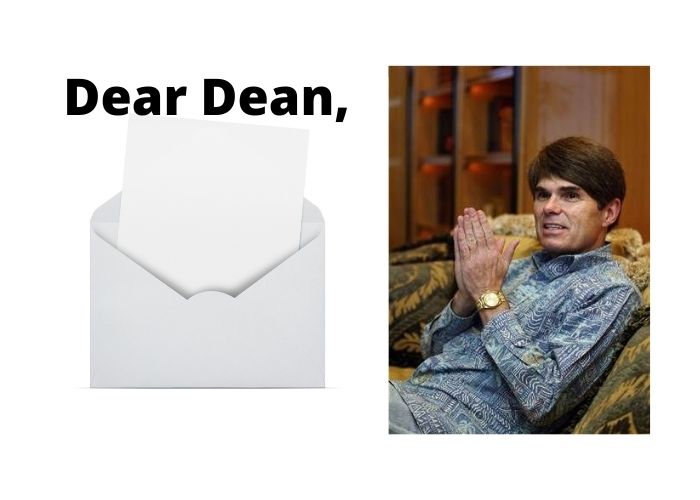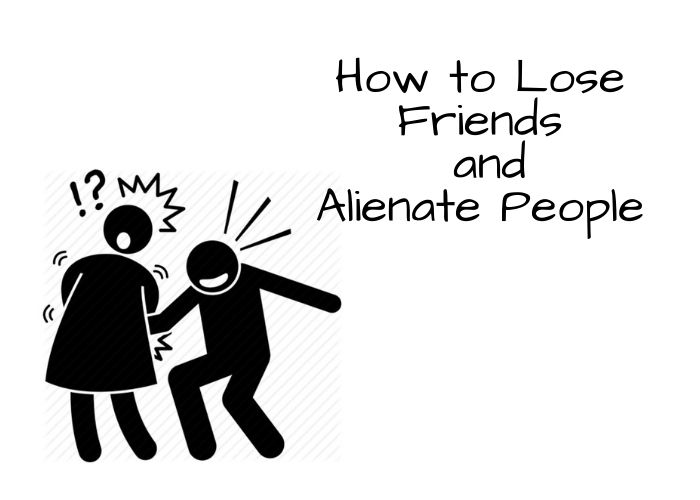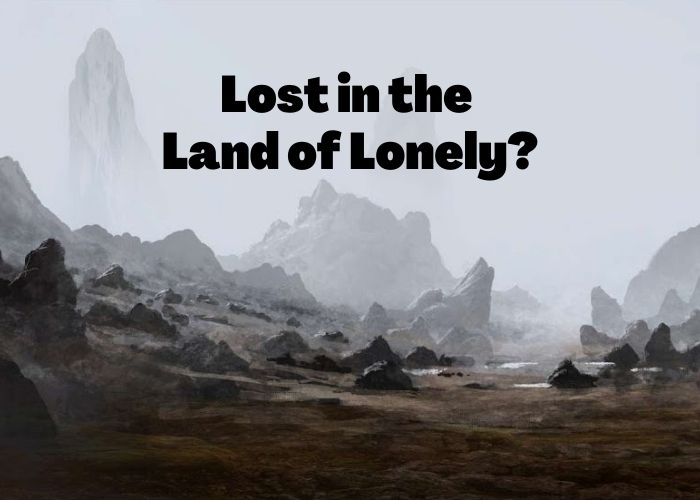
Dear Dean,
Hello. I know we don’t know each other–and it might be improper to address you so informally–but I hope you will extend grace to me because today, I woke up in one of your novels.
I won’t lie. I am scared. Some kind of plague has infected the whole world and hundreds of thousands of people have died. There is a group of weirdos saying it’s—well, all a conspiracy—and the population has been divided by those who do or don’t wear a mask. Worse, people are rioting in the streets and have waged war on the police. Incredibly, I saw mayors and governors saying whole cities should have their police forces defunded. And if that isn’t bad enough, there is an election and the media outlets are censoring anyone who dares question the narrative. For the moment I’m safe. I found a safe corner to hide in before some creepy kid with a quivering lip pops up to tell me he sees dead people and I realize I’m one of them.
But while I sat there contemplating my next move, I felt a growing dread that chilled the lowest vertebrae in my spine. I wondered if you were going to walk through the door. I knew if that happened it would be the end of the world.
C.S. Lewis, one of the great masters of science fiction, wrote about one such a scenario.
“God will invade. But I wonder whether people who ask God to interfere openly and directly in our world quite realize what it will be like when He does. When that happens, it is the end of the world. When the author walks on to the stage the play is over.”
That is why I am writing. Please, Sir, don’t come to my house.
Now, I realize there may be an important reason for the end of the world, but I’d like to delay it a little while if, at all possible. So, if you would rather consider sending one of the heroes from your novels instead, that would be greatly appreciated.
If you would allow for suggestions, Jimmy Tock from Life Expectancy is a good one. If you recall, Jimmy was a baker whose birth precipitated a prediction of five dark days that would occur before his untimely death at the age of 30. He was incredibly calm as he navigated those dark days and was even vaguely philosophical. Wouldn’t it be kind to send someone who is cool enough to discuss brewing up a pot of bittersweet hot chocolate with a dash of cinnamon while facing a homicidal maniac?
Jane Hawk is another good choice. When faced with a sinister plot to enslave humans with nanotechnology, she was quick with a pistol and her wits. Of her you wrote, “If she had been a person who ran from trouble instead of into it, she might have fled. But to flee would be to dishonor herself and to further fail her mother, whom she had failed nineteen years earlier. This was a world that didn’t reward flight. Whenever you fled from anything, you inevitably fled into its equivalent.”
Jane said, “Even in the darkest darkness, hope was a lifeline, though sometimes as thin as a thread.”
Since the end of the world seems nigh threatening at the moment, I could use some of that hope of which she espouses.
But if I had to choose my favorite, I’d ask that you send Odd Thomas. Odd’s perspective on the villains he faced during various apocalypse was always rather poignant.
“…the most identifying trait of humanity is our ability to be inhumane to one another.”
Odd was never inhumane to others, well, except for those who were trying to annihilate him. He had to deal with them of course. But he was always good. And we need more goodness in the world. We need a world where a fry cook “feels obligated to kill murderous sociopaths if that is the only way to prevent them from slaughtering more innocents.” We need a world where there exists a Shakespeare quoting best friend like Big Ozzie. We need a world where even though his beloved Stormy had passed from this life to the next, he never stopped believing in the gypsy mummy fortune that they were “destined to be together forever”.
Can you send him please?
Because if Odd showed up, I would know what is happening is fiction. If Odd arrived and said, “The devil and all his demons are dull and predictable because of their single-minded rebellion against truth.” Then, I could nod in agreement. If he said, “The uniqueness of every soul is not a theme that our current culture, obsessed with group identities, cares to assert” I would then respond with, “We are souls. We merely have bodies.” And we would fist bump. I would wait patiently while he made astute observations like, “Of course, one must always remember that although The Sound of Music is the most feel good movie of all time, it is crammed full of Nazis.” Yes, Odd would do nicely. We would be great pals.
Dean, (by now I hope you have warmed to the notion of me using your first name) your stories make clear you believe there is a war between good and evil. You also remind me good always wins. You know all humanity has a need for a hero. I know this because you have made a living out of weaving tales that illuminate hope in the human heart. None the least of which is the true story of the greatest hero to ever touch your life; Trixie.
“The shimmer and flash of her golden coat in the sun, the speed with which she pursued her prey, the accuracy of every leap to catch the airborne treasure, the forepaw landing followed by a whip-quick turn the instant the back paws touched the earth…She was not just graceful in a physical sense. The more I watched her, the more she seemed to be an embodiment of that greatest of all graces we now and then glimpse, from which we intuitively infer the hand of God, infer the truth that this world’s beauty is a gift to sustain the heart, and infer the reality of mercy.” – A Big Little Life
Come to think of it, just reading about Trixie gives me hope. If God can create such an indelible creature who, by your words has inspired this generation—and probably more to come—why am I hiding in the corner?
Gulp.
Well, Dean, I feel I have taken up enough of your time. Yes, the world may be ending, but I’m starting to form an idea for how best to respond. I certainly don’t have all the answers, but I have learned enough from the characters you’ve written to know character is the most important quality anyone can possess. You wrote, “If a person has true character—which always includes a sense of honor and duty, as well as a tough set of personal standards—he or she will not fail you.” You see, I have been learning discipline for over a decade now—and while not as shrewd as Jane Hawk nor as culinary inclined as Jimmy Tock, I may have the makings of an Odd in me somewhere. I’m not afraid to talk to strangers in distress and to share the hope that shines brightest into dark places.
So, Dean, I hope you’ll take leave of me at this point. Because I’m not in the corner any longer and I may or may not have a weapon. And while you might have been contemplating a visit to my abode, you may forgive the earlier platitudes and be acutely warned. My doorstep is not safe for harbingers of the Apocalypse. I’ve got a spatula. And I know how to use it.
Kind regards,
Margaret Wolfinbarger


